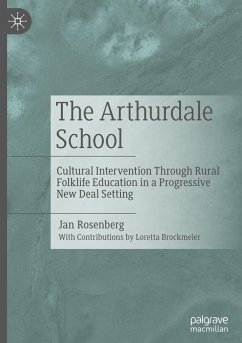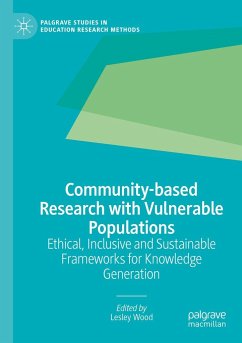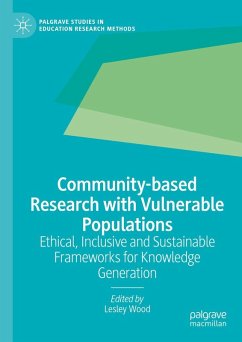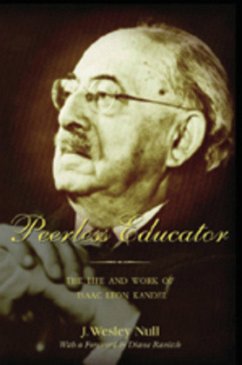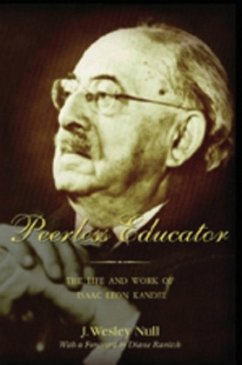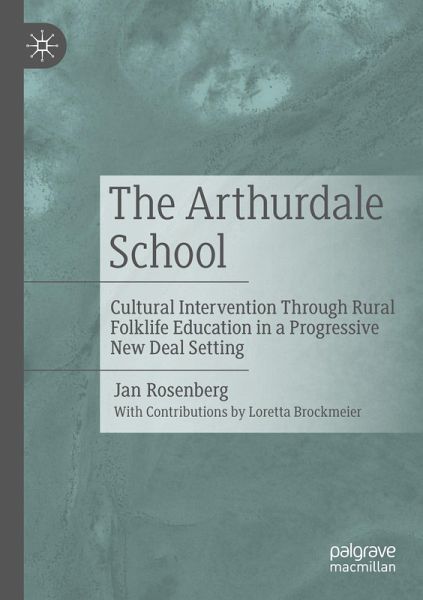
The Arthurdale School
Cultural Intervention Through Rural Folklife Education in a Progressive New Deal Setting
Mitarbeit: Brockmeier, Loretta
Versandkostenfrei!
Versandfertig in 6-10 Tagen
98,99 €
inkl. MwSt.
Weitere Ausgaben:

PAYBACK Punkte
49 °P sammeln!
This book chronicles the school envisioned by Eleanor Roosevelt in 1933 to serve Arthurdale, the New Deal government-created community in north-central West Virginia. Arthurdale was founded to house unemployed miners and their families and provide them with opportunities to receive healthcare and obtain gainful employment. Roosevelt had a particular interest in the education of children, feeling that education and social life were profoundly intertwined within a community. With that in mind, in 1934, she hired Elsie Ripley Clapp-an educator and leader in the Progressive Education movement-to d...
This book chronicles the school envisioned by Eleanor Roosevelt in 1933 to serve Arthurdale, the New Deal government-created community in north-central West Virginia. Arthurdale was founded to house unemployed miners and their families and provide them with opportunities to receive healthcare and obtain gainful employment. Roosevelt had a particular interest in the education of children, feeling that education and social life were profoundly intertwined within a community. With that in mind, in 1934, she hired Elsie Ripley Clapp-an educator and leader in the Progressive Education movement-to design and implement the school, as well as oversee the social life of Arthurdale as a whole. In addition to covering the Arthurdale School's birth, life, and dissolution, Rosenberg discusses how the lessons of the school might serve the culture of education today, especially as an element of a comprehensive approach to community revitalization.



